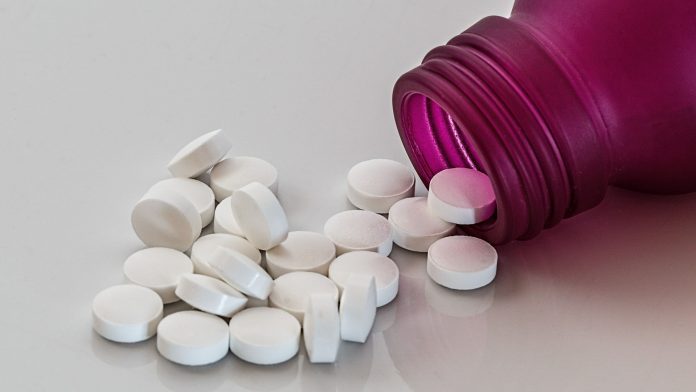
A new study has called an end to a long-lasting debate regarding antidepressants, revealing that they are indeed effective at reducing symptoms of acute depression.
The study analysed data from 522 trials involving 116,477 people and found that 21 common antidepressants were all more effective at reducing symptoms of acute depression than placebo pills.
The NHS prescribed a record 64.7 million items of antidepressants in England in 2016, an amount which has more than doubled over the last decade.
In addition to information from the 522 trials including short-term treatment of acute depression in adults, unpublished data found that actual medications were more effective than placebos.
Will it apply to long-term use?
Dr Andrea Cipriani from the University of Oxford, lead researcher on the study, said: “This study is the final answer to a long-standing controversy about whether antidepressants work for depression.
“We found the most commonly prescribed antidepressants work for moderate to severe depression, and I think this is very good news for patients and clinicians.”
Authors of the study said that these new findings could help doctors choose the right prescription for patients; however, this is not definitive for every case.
Despite the promising findings, the study only looked at the average effect of drugs rather than how they worked for individuals of various ages and gender. The authors therefore said that not everyone’s medications should be switched.
Most of the data also did not cover long-term use.
An official end to the debate?
Professor Carmine Pariante, from the Royal College of Psychiatrists, said: “This meta-analysis finally puts to bed the controversy on antidepressants, clearly showing that these drugs do work in lifting mood and helping most people with depression.
“Importantly, the paper analyses unpublished data held by pharmaceutical companies, and shows that the funding of studies by these companies does not influence the result, thus confirming that the clinical usefulness of these drugs is not affected by pharma-sponsored spin.”
According to the authors, at least one million more people in the UK would benefit from treatment, including antidepressants.








